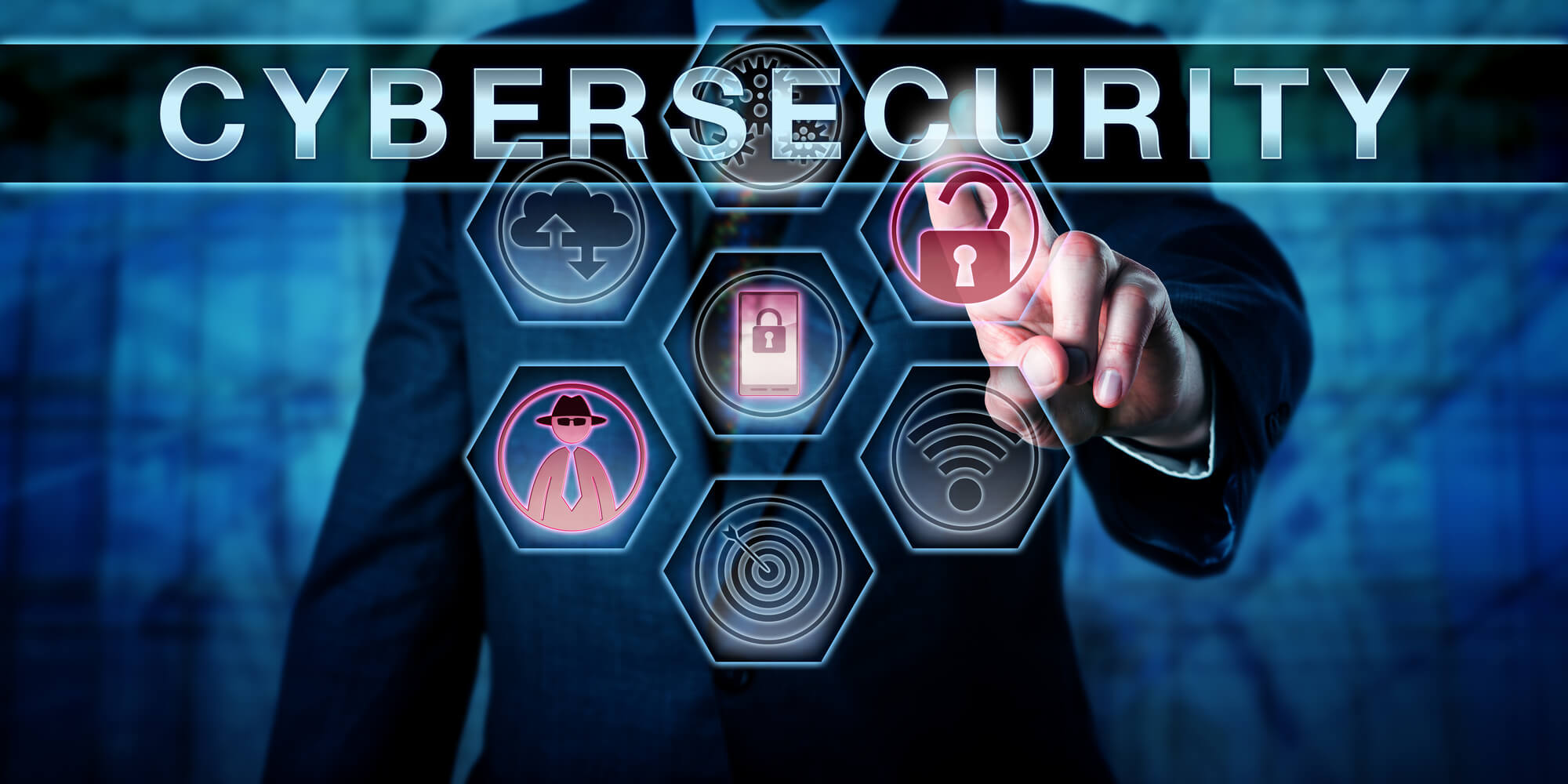
Cybersecurity encompasses practices, technologies, and policies designed to safeguard digital systems, networks, and data from unauthorized access, cyber threats, and attacks. It's crucial for small and medium businesses (SMEs) to prioritize cybersecurity, as they are increasingly targeted by cybercriminals. Here's why it's essential for SMEs and how they can implement cost-effective measures:
Protection from Cyber Threats:
SMEs are not immune to cyber threats like ransomware, phishing, and malware attacks. Cybersecurity measures act as a shield, preventing unauthorized access and potential data breaches.
Safeguarding Sensitive Data:
SMEs often handle sensitive customer information. Cybersecurity measures ensure that this data is stored and transmitted securely, maintaining trust and compliance with data protection regulations.
Preserving Business Reputation:
A cyber incident can severely damage a business's reputation. Customers and partners trust that their information is safe with you. A breach can erode that trust, leading to lost business and a tarnished brand image.
Maintaining Business Continuity:
Cyberattacks can lead to significant downtime and disruption of operations. Cybersecurity measures help mitigate these risks, ensuring that business functions can continue even in the face of threats.
Compliance with Regulations:
Many industries have specific regulatory requirements for data protection. Adhering to these regulations through robust cybersecurity practices is essential to avoid fines and legal repercussions.
Cost-Effective Measures:
Implementing cybersecurity doesn't have to break the bank. SMEs can adopt cost-effective solutions like firewall protection, antivirus software, employee training, and regular software updates to enhance security.
Employee Training:
Educating employees about cybersecurity best practices is a crucial and cost-effective measure. Simple steps like creating strong passwords, recognizing phishing attempts, and using secure networks go a long way in bolstering security.
Access Control and Authentication:
Implementing strong access control measures, such as multi-factor authentication, limits who can access sensitive data, adding an extra layer of security.
Regular Security Audits and Updates:
Conducting periodic security audits helps identify vulnerabilities. Keeping software and systems up-to-date with the latest security patches is vital in staying protected.
Managed IT Services Providers (MSPs):
Partnering with an MSP like LINC Project can provide SMEs with access to expert cybersecurity services at a fraction of the cost of maintaining an in-house IT team. MSPs offer proactive monitoring, threat detection, and rapid incident response.
Cybersecurity is imperative for SMEs to protect their data, operations, and reputation. By implementing cost-effective measures and potentially partnering with MSPs, SMEs can bolster their security posture without draining their resources. Investing in cybersecurity is not just a prudent business decision; it's a necessary one in today's digital landscape.
Ludovic Levivier
Founder & CEO, LINC Project, INC. a Managed Service Provider in New York and San Francisco



.png?width=306&height=50&name=Logo_width.jpg(2).png)


